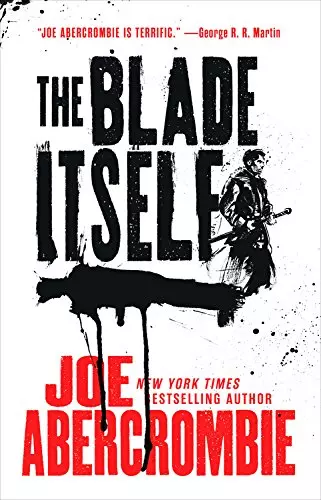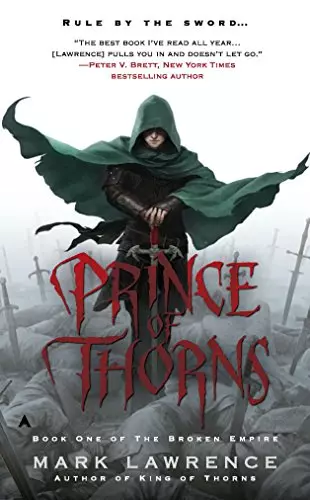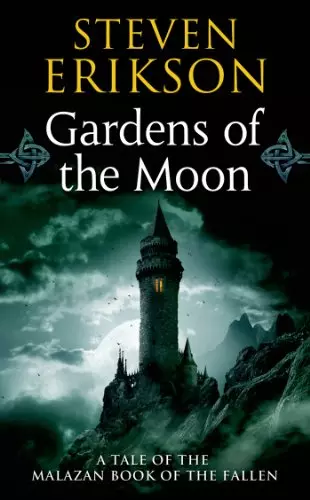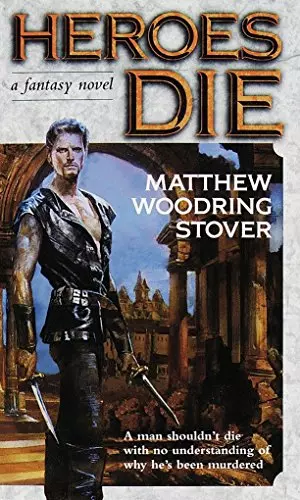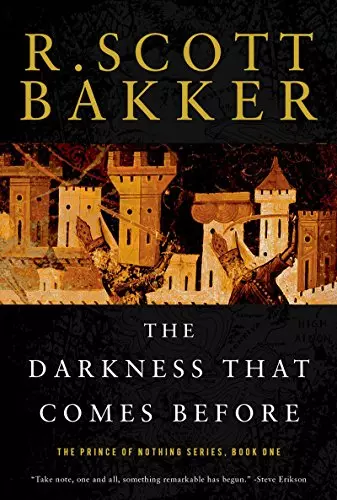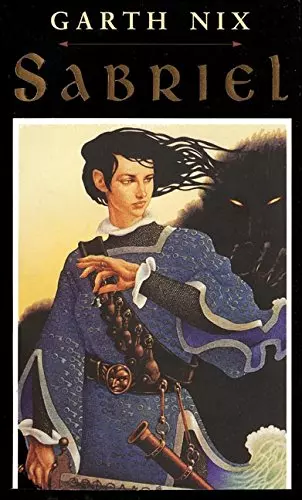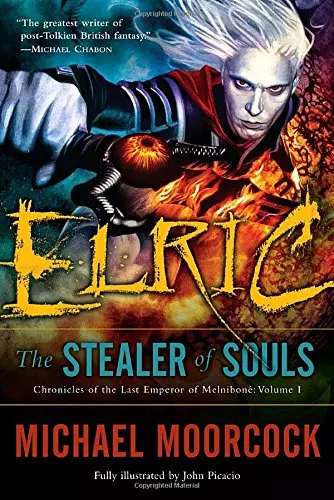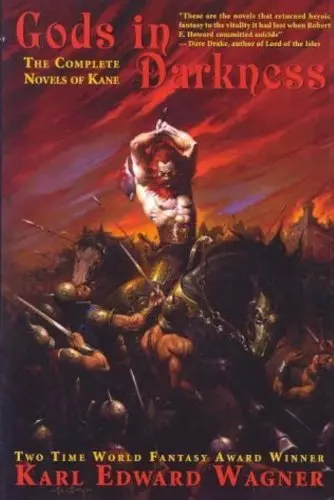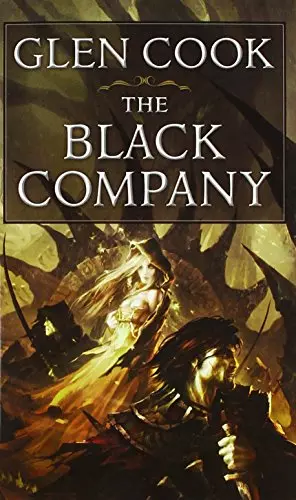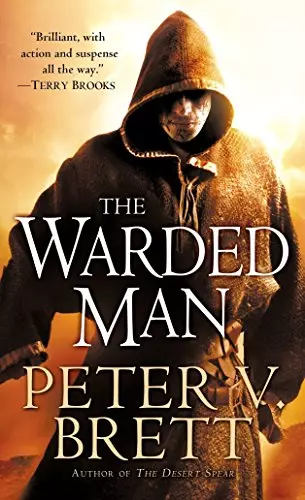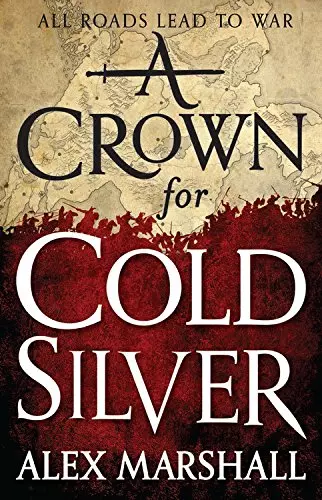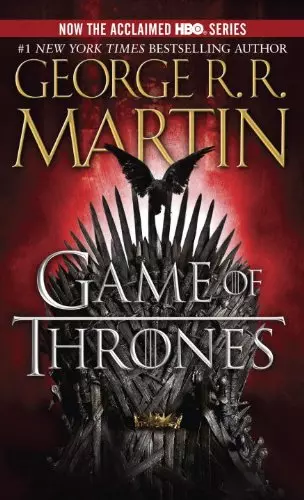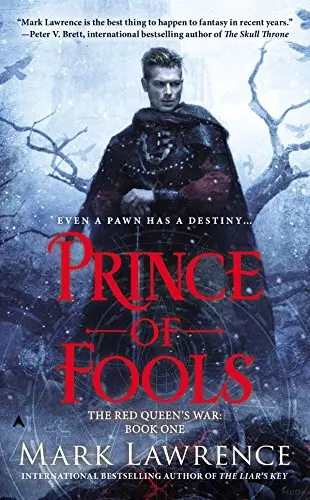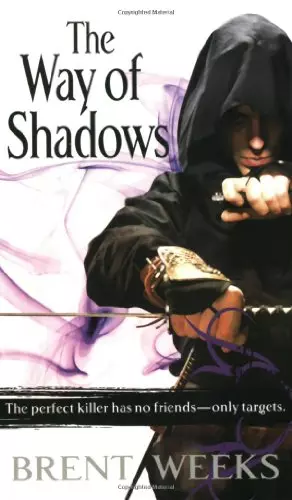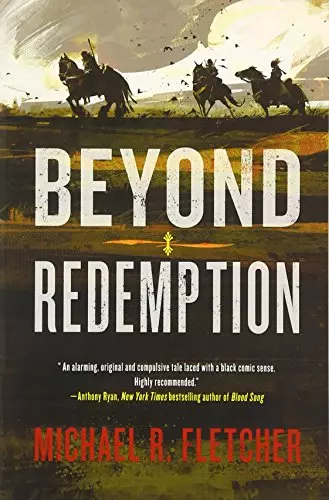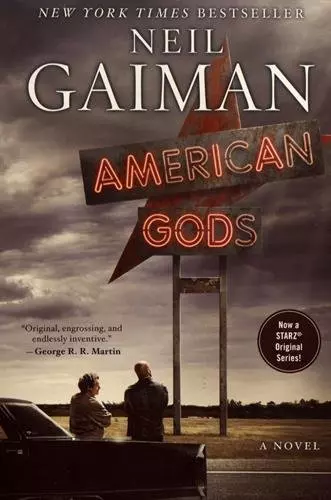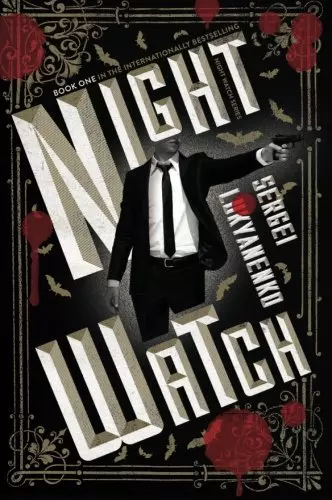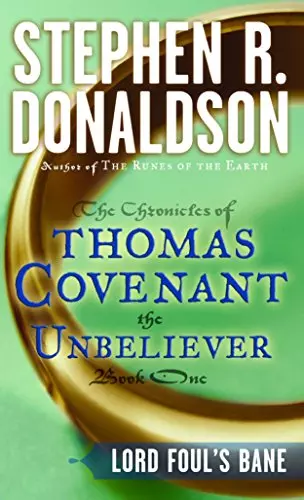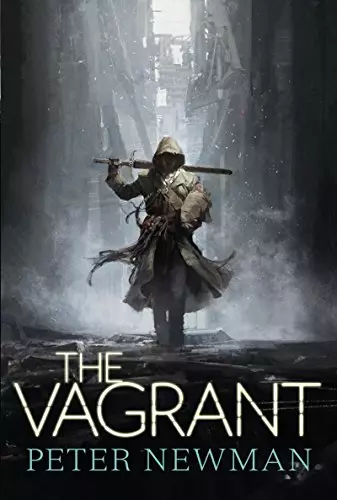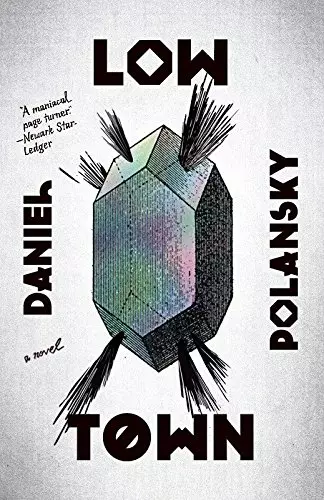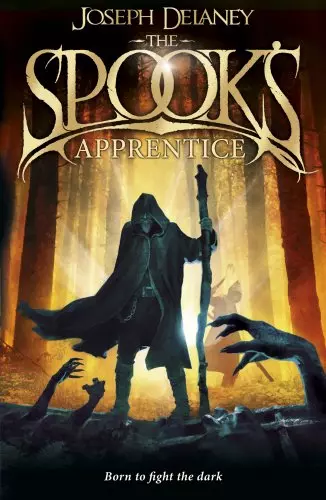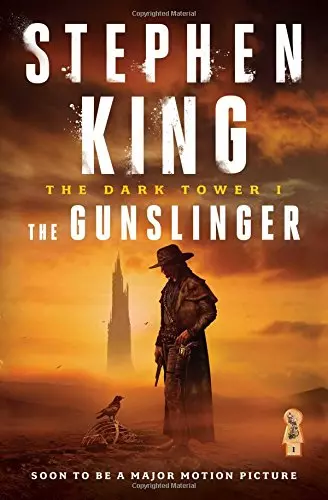Best Dark Fantasy Books
Top 25 Dark Fantasy Books
Dark fantasy books are those that contain elements of the horror genre. Terrifying monsters, horrible people and awful violence are all a must. In dark fantasy worlds, the shadows hold unknowable horrors, and a grisly death is just around the next corner.
What differentiates dark fantasy from horror is the intent. Horror has the intent to scare the reader, while dark fantasy usually does not. Dark fantasy stories are also set in fantasy worlds (and this includes urban fantasy, where magical worlds hide in the cracks of our own), while pure horror is more often set in the mundane world with a few supernatural elements. The protagonists of both genres are different as well. While a horror protagonist might often be a normal person victimised by supernatural forces, a protagonist in a dark fantasy story will usually be a part of the supernatural world themselves.
All this considered, genres aren't cleanly divided into different boxes. There's a continuum, and dark fantasy covers stories that fall into other subcategories as well, such as grimdark fantasy, or gritty fantasy. These subcategories share many similarities, and many books, and their meanings are often hotly debated.
Here are our picks for the Top 25 Dark Fantasy Books, and why they each made the list.
Matthew Cropley is a fantasy fanatic who has a particular love for the darker, grittier, more morally ambiguous side of the genre. His fiction and non-fiction can be found in Dimension6, Sword and Sorcery Magazine and Grimdark Magazine.
Ranked Fantasy Books
Trending Books in Best Dark Fantasy Books
Trending Fantasy Booklists
Best Fantasy Books 2025
The Must-Read Fantasy Releases of 2025 That Fans Are Devouring Worldwide
Top 25 Best Fantasy Books
Love fantasy novels? Hate wasting time reading trash? Then read this definitive guide to the top 25 Fantasy books in the genre.
The Best Sci-Fi Movies
The Best of the Best Science Fiction Movies
Top 50 Best Epic Fantasy
The Absolute Best Epic Fantasy Series
Top 100 Fantasy Books
The Top 100 Best Fantasy Books Ever Written
Best Stand Alone Fantasy Books
Best Fantasy Novels Not In a Series

